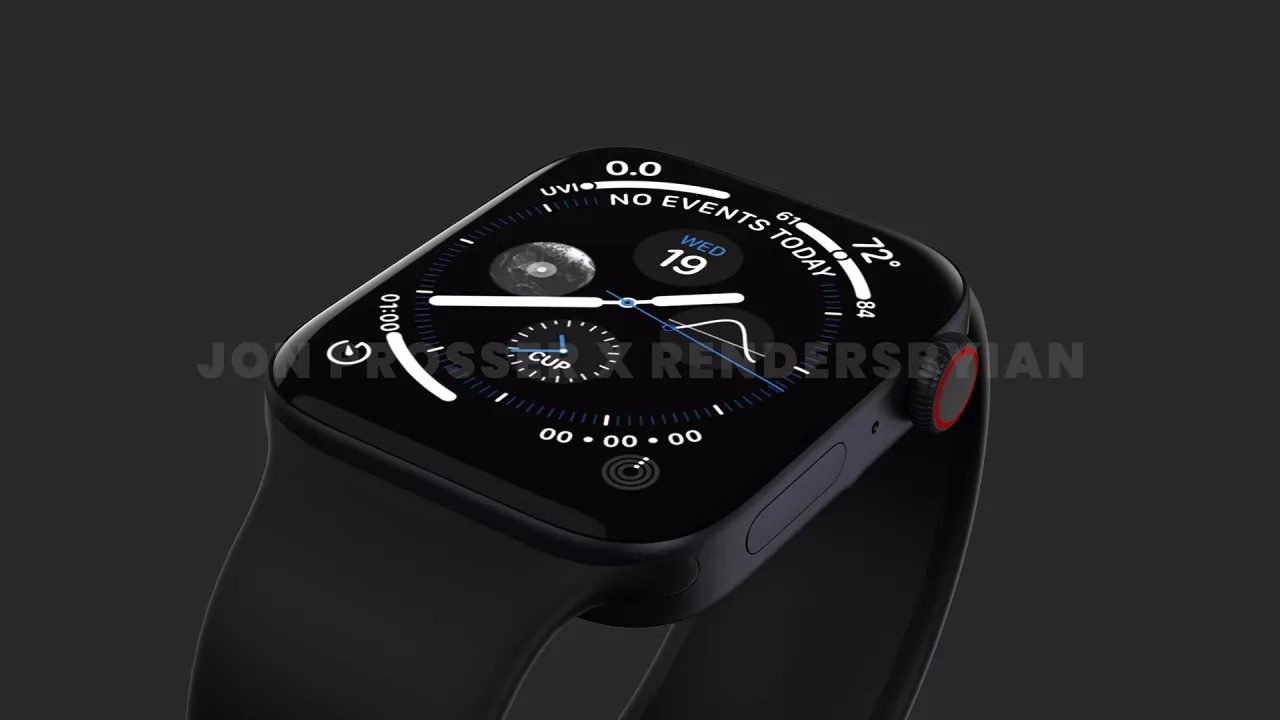
The Apple Watch 9 isn't expected to be dramatically different when it launches later this year, but according to Bloomberg's Mark Gurman, it is going to get a more powerful processor. The processor is based on the A15 chip Apple used in the iPhone 13, and it'll replace the two-year-old S8 chip inside the Apple Watch Series 8.
If you own one of the best smartwatches, as the Apple Watch undoubtedly is, I very much doubt you've ever despaired at its speed; wearables are pretty fast these days, and I haven't been irritated by my Apple Watch's performance for generations now. Battery life is a biggie for me, and this new processor could help improve that.
Better processors mean better battery life
I think battery life is the Achilles heel of smartwatches, especially the Apple Watch: its proprietary charger means one more thing to carry whenever I travel because, despite a quoted two-day battery life, I never get anything close to that. A new processor could boost the Apple Watch's battery life, although it's important to stress "could" rather than "will".
That's because Apple is reportedly planning a very significant overhaul to the Apple Watch interface in watchOS 10 later this year, and that could be more demanding than the current one – so if it is, you can expect the familiar equation where more demanding software asks more of the hardware and negates the battery improvements of a new processor. You may remember that one from pretty much every major iPhone update in the last decade-plus.
I hope I'm being overly cynical here because the watchOS update is going to make it onto more than just the Apple Watch Series 9, and I don't think anybody's going to be happy about a watchOS update if it makes the already pretty poor Apple Watch battery life even worse. So I'm crossing my fingers on this one and hoping for a nicer interface and an Apple Watch with better-than-ever battery life.







